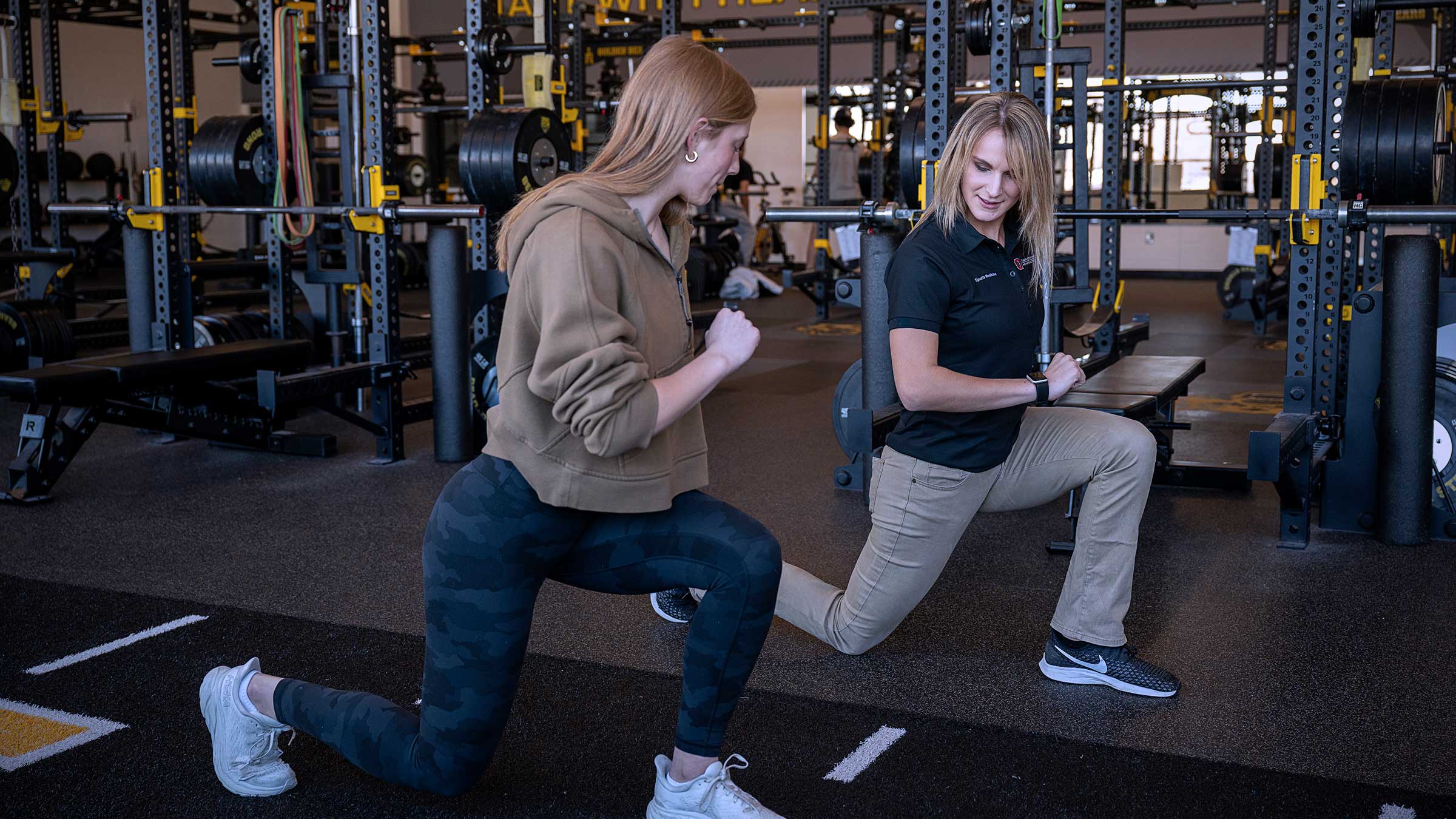The Essential Contribution of Personal Training to Successful Post-Injury Therapy.
The Essential Contribution of Personal Training to Successful Post-Injury Therapy.
Blog Article
Personal training plays a crucial role in the rehabilitation journey after an injury. When an individual sustains hurt, regardless it is a sprain, pull, or a more serious damage, the road to rehabilitation can be extended and challenging. Personal coaches are specially qualified to help individuals regain their power, mobility, and overall fitness. They develop personalized exercise programs that cater to the particular needs of the injured individual, making sure that the recovery journey is both safe and effective. This tailored method is essential for helping individuals get back to their normal activities and avoid subsequent injuries.
One of the main advantages of personal training during rehabilitation is the expertise that trainers bring to the process. They understand the human body and how it responds to different types of exercises. This knowledge allows them to design programs that focus on rebuilding strength in the affected area while also improving overall fitness. Personal trainers can monitor progress closely and implement changes to the plan as necessary. This continuous evaluation is crucial because it helps to guarantee recommended read that the client is not overexerting themselves too much, which could result to further injury.
Another crucial factor of personal training in post-injury rehabilitation is motivation. Recovering from an injury can be mentally and physically exhausting. Individual trainers provide support and support, helping individuals stay focused on their goals. They can also help set realistic expectations, which is crucial for maintaining a constructive attitude during recovery. With a personal trainer by their side, clients are more apt to adhere to their recovery plan and remain committed to their recovery journey.
In furthermore to bodily training, personal trainers often include instruction into their sessions. They teach clients about correct physical movements, the importance of warm-ups and cool-downs, and how to pay attention to their physical signals. This knowledge empowers individuals to take an proactive part in their recovery. Understanding how to avoid future damages is just as crucial as recovering from the current one. Personal coaches can provide important insights into lifestyle modifications and workouts that promote long-term wellness and fitness.
Finally, personal coaching can improve the overall rehabilitation process by creating a sense of community. Many trainers build a nurturing environment where clients feel at ease discussing their challenges and successes. This bonding can be incredibly beneficial, as it assists clients feel less isolated during their recovery. By collaborating with a individual coach, individuals not only improve their bodily health but also gain a network system that encourages them to stay involved and driven throughout their rehabilitation journey.